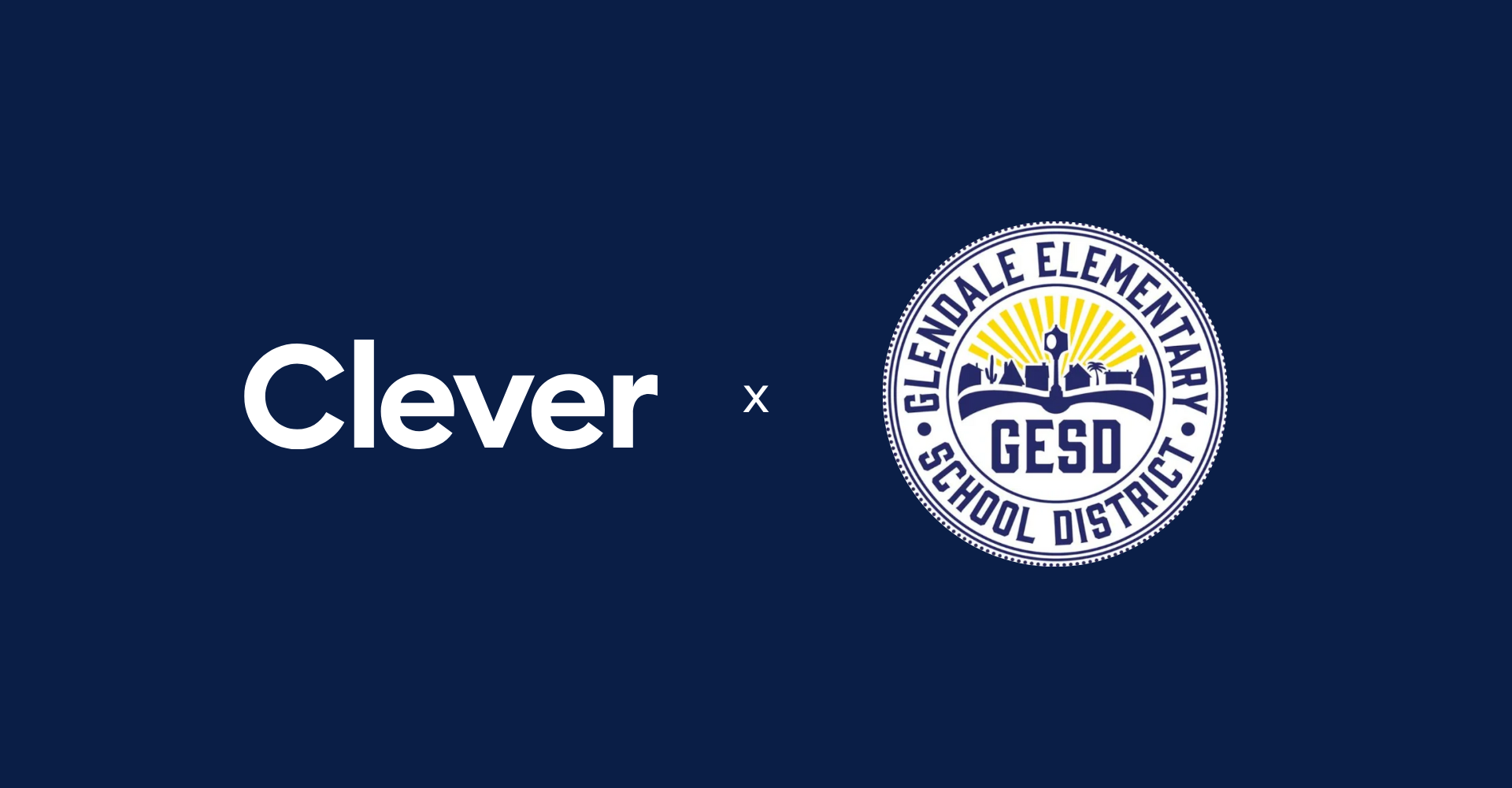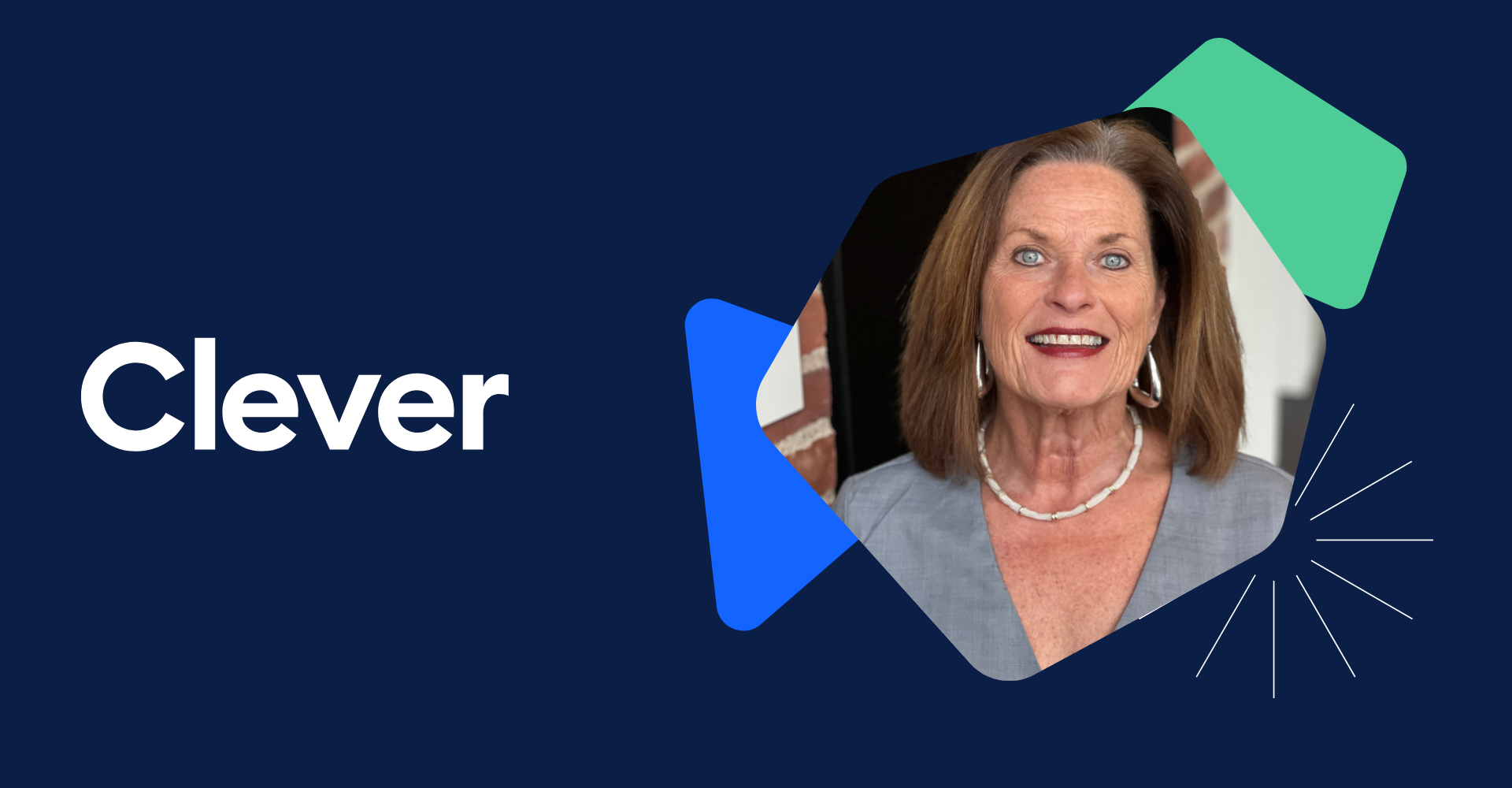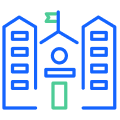Edtech procurement: Resources for making high-impact decisions
How are school districts approaching edtech purchasing? A survey of Clever users says that more educators want a seat at the curriculum decision-making table. So we asked education leaders to share their strategies to achieve just that.
We asked education leaders to share resources that help K12 schools develop high-impact strategies for edtech procurement, while also building privacy, equity, and teacher satisfaction.
Watch: Virtual summit – Developing high-impact edtech procurement strategies.
During the session, a panel of district leaders discuss strategies to make impactful decisions around edtech, including:
- Using data to evaluate what’s being used, or left unused
- Inviting teacher input to your procurement cycle
- Training teachers around choosing safe tools, and how to use district-selected edtech
- Building equity & inclusion into tech infrastructure and curriculum
You can find a collection of resources to support this work below.
Evaluating edtech usage
“One tool we were spending $20k/year on. We found we had FOUR PEOPLE USING IT (yes I’m yelling – LOL). Let’s say, we made some changes that day.” – Webinar panelist
- Clever Analytics: See which programs teachers are adopting to inform the apps and edtech programs you purchase each year.
- Unified Digital Instructional Procurement Plan
Supporting teacher selection & student data privacy
“LAUSD uses an app center for teachers to download approved applications.” – Webinar attendee
- Clever Library: Educators can discover, try, and review learning applications—all from within the SSO portal they use every day. And strong privacy controls in Clever Library help districts safeguard data.
- The Future of Privacy Forum
- Project Unicorn – Better Edtech Buying for Educators
- Common Sense Professional Development – Develop effective strategies for teaching with tech and supporting students in their digital lives.
- Common Sense Digital Citizenship Toolkits – Use digital citizenship toolkits to explore specific topics and help students develop the skills they need to become curious learners, critical thinkers, and engaged citizens.
Selecting equitable curriculum
- Digital Promise – New Product Certification Calls on Edtech Tools to Prioritize Racial Equity in AI Design
- LAUSD’s Unified Digital Instructional Procurement Plan
- National Digital Inclusion Alliance (NDIA)
- Chicago Public Schools – The Curriculum Equity Initiative
Building an infrastructure that’s equitable
“We sent out family surveys, gathered information at registration, and worked with our local ISP to help families with connectivity.” – Webinar attendee
- FCC Announces Third Application Window And New Round Of Funding Commitments Through The Emergency Connectivity Fund
- EveryoneOn – EveryoneOn helps unlock social and economic opportunity by connecting families in underserved communities to affordable internet service and computers, and delivering digital skills trainings.
- 16.9 Million Children Remain Logged Out Because They Don’t Have Internet at Home via Future Ready
- Watch our virtual summit with NDIA: Strategies for achieving digital equity and inclusion in K12 schools
When putting together your edtech strategies and implementation plans for 2022, consider these 5 trends. Click to see the full report and share with your leadership team.
Clever is driving toward a future of digital learning that’s equitable to all. Learn more.

More to read

April 14, 2025
Clever Substitute Access: Secure learning continues even when teachers are outDigital learning gives teachers and students many exciting ways to engage and learn. But what happens when a teacher is absent and a substitute is in charge?

February 14, 2025
Securing Student Accounts: An Arizona District’s MFA Success PlaybookWith rising cyber threats on student accounts, AZ district develops a plan to protect student accounts with classroom-friendly MFA and has a smooth rollout.

February 14, 2025
Boston Public Schools enhances security and efficiency with Clever IDMBoston Public Schools tackles digital access challenges: A critical upgrade to password management for 50,000 students

















